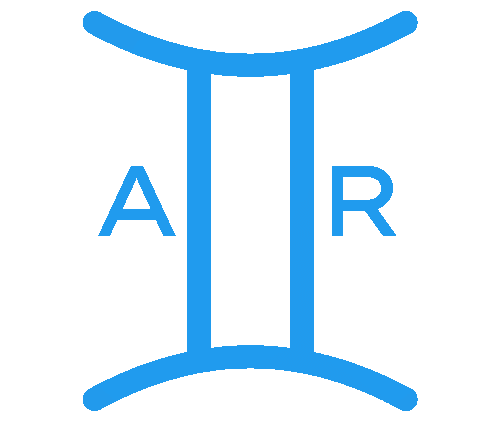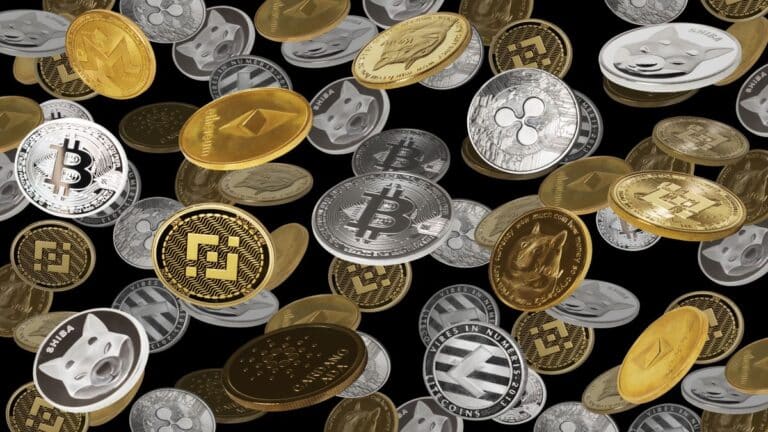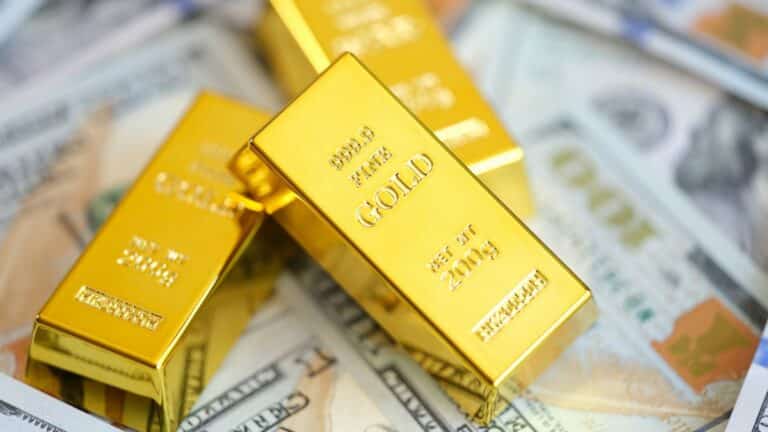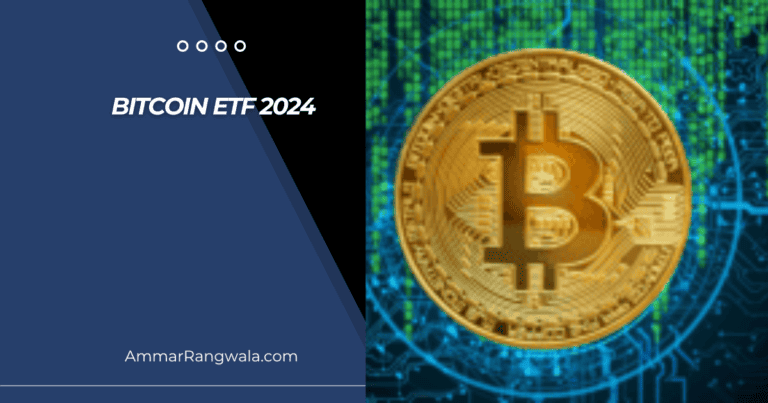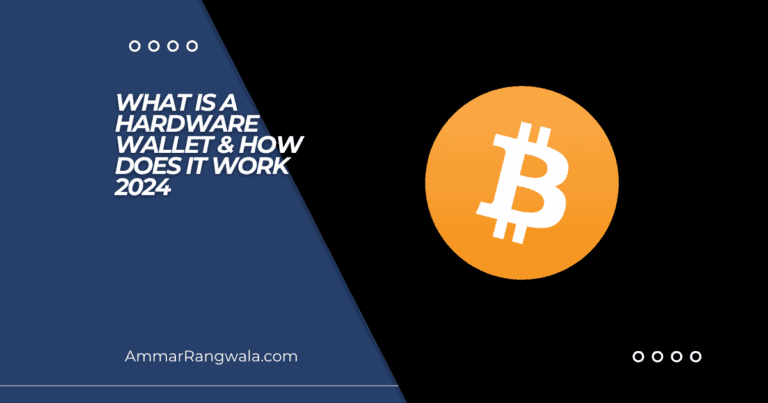Survive the Economic Storm of 2024: Inflation vs Recession

In these uncertain times, it’s essential to understand the difference between inflation and recession, two terms often used interchangeably but have different meanings. Inflation is a sustained price increase over time, while a recession is a period of reduced economic activity characterized by high unemployment rates and decreased consumer spending. We will explain what inflation and recession mean and the causes behind them. Given the current global situation, we will also delve into how to invest during economic uncertainty. Financial markets will also be impacted. Lastly, we will compare and contrast inflation vs. recession so that you can get a better understanding of which one is worse. Read on to navigate through these complex economic concepts.
Understanding Inflation vs Recession
Understanding the difference between inflation vs recession is essential for businesses to navigate economic uncertainty effectively. Inflation refers to the gradual increase in the prices of goods and services over time due to higher demand or decreased supply, and this can lead to higher costs for goods such as groceries or gas. Borrowing costs can also get higher as well. On the other hand, a recession occurs when a significant decline in economic activity causes layoffs, decreased hiring, and reduced consumer spending.
During times of high inflation or recession, investing becomes more critical than ever before. The Federal Reserve Bank uses interest rates to control economic growth by adjusting them during high inflation or recession periods. When making investment decisions during these uncertain times, a CEO or investor must consider factors such as GDP growth, stock market performance, wage growth, and unemployment rate.
Defining Inflation
The rise in prices of goods and services over time is referred to as inflation. The Consumer Price Index (CPI), which monitors price changes in a market basket of consumer items, is often used to calculate the overall increase. Various factors can cause inflation, including increased demand or reduced supply of goods and services due to monetary policy or other reasons. High inflation rates will harm the economy by diminishing consumers’ purchasing power and raising interest rates.
Causes of Inflation: Demand-Pull & Cost-Push
Various factors, such as an increase in demand for goods and services or a decrease in supply can cause inflation. Demand-pull inflation happens when there is too much demand for goods and services, leading to higher prices; this type of inflation is often seen during periods of strong economic growth. On the other hand, cost-push inflation occurs when production costs rise, and manufacturers pass that increased cost on to consumers through higher prices. This type of inflation is often seen during an economic slowdown or recession.
It’s important to note that high inflation levels can negatively impact the economy, such as reducing consumer purchasing power and increasing interest rates. To combat this, central banks such as the Federal Reserve may enforce interest rate hikes or take other measures to control inflation.
Built-In Inflation: A Closer Look
Gradual increases in the prices of goods over time are referred to as built-in inflation. This type of inflation occurs due to rising wages and production costs. Several factors, like government fiscal policy and changes in global market conditions, can contribute to built-in inflation. Understanding this phenomenon is crucial when making financial decisions because it can affect investments, savings, and budgeting strategies. One way to mitigate its effects is by diversifying investments or exploring alternative income streams.
Defining Recession
A significant decline in economic activity, indicating a slowdown, is known as a recession. This period is characterized by reduced Gross Domestic Product (GDP) and employment rates. A recession can be caused by financial crises, natural disasters, or even changes in government policies. On the other hand, inflation occurs when there is a consistent increase in the general price level of goods and services over time. This situation may arise due to demand-pull factors, such as too much demand for goods, or cost-push factors, such as increased production costs. Though recessions are typically viewed negatively from an economic standpoint, some degree of inflation can contribute positively to economic growth.
How to Invest During Economic Uncertainty
Considering how different types of inflation and slowdown periods can impact investments is crucial for maintaining personal finances during economic uncertainty, such as high inflation or even a global recession. One of the different ways to mitigate the effects of inflation is by investing in assets that appreciate during this period, like real estate or commodities. Precious metals such as gold and silver may be excellent hedges as well in a higher rate environment. You have to also consider how much your purchasing power has gone done with the large expansion of the money supply in the past few years. Conversely, during a recession, when consumer spending drops drastically and GDP declines sharply, defensive investments like bonds and cash are less likely to decrease in value, making them relatively safe options. Therefore having a diversified investment portfolio with offensive and defensive investment strategies can help weather economic uncertainty. Always make sure to do your appropriate due diligence and consult a financial advisor if need be.
Inflation vs Recession: Which is Worse?
Inflation and recession are both economic challenges, but they affect people differently. Inflation reduces purchasing power by increasing the prices of goods and services, while a recession is characterized by falling GDP, employment, and income. The severity of these issues can vary based on duration and magnitude.
Conclusion
In conclusion, understanding the difference between inflation and recession can help you plan better for your financial future. While both can negatively impact the economy, they affect different aspects of it in different ways. Knowing how to invest during economic uncertainty can be tricky, but it can be done successfully with the proper knowledge and guidance. It’s important to remember that investing is a long-term game, and short-term market fluctuations should not deter you from your goals.
Ammar has started several online businesses and is a blogger who loves providing quality content to help others. He is involved with affiliate marketing, domain names, NFTs, and cryptocurrencies. Check out my blog if you want to learn more about these areas and business in general.
